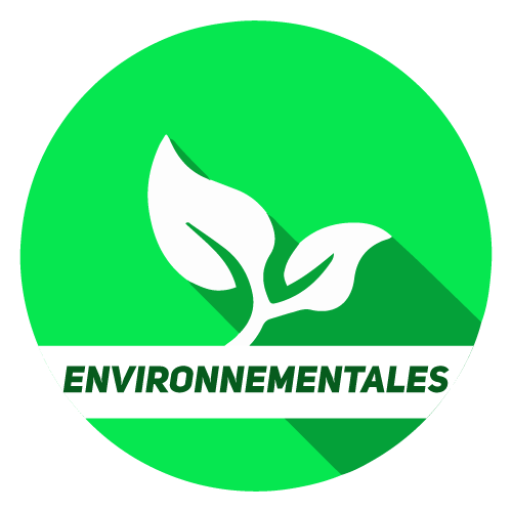COP30 : À Belém, l’Afrique ne viendra pas quémander, mais réclamer justice
Des gardiens des forêts du Bassin du Congo aux jeunes innovateurs du solaire, le continent apporte des solutions concrètes pour affronter la crise climatique. Son message est clair : la



